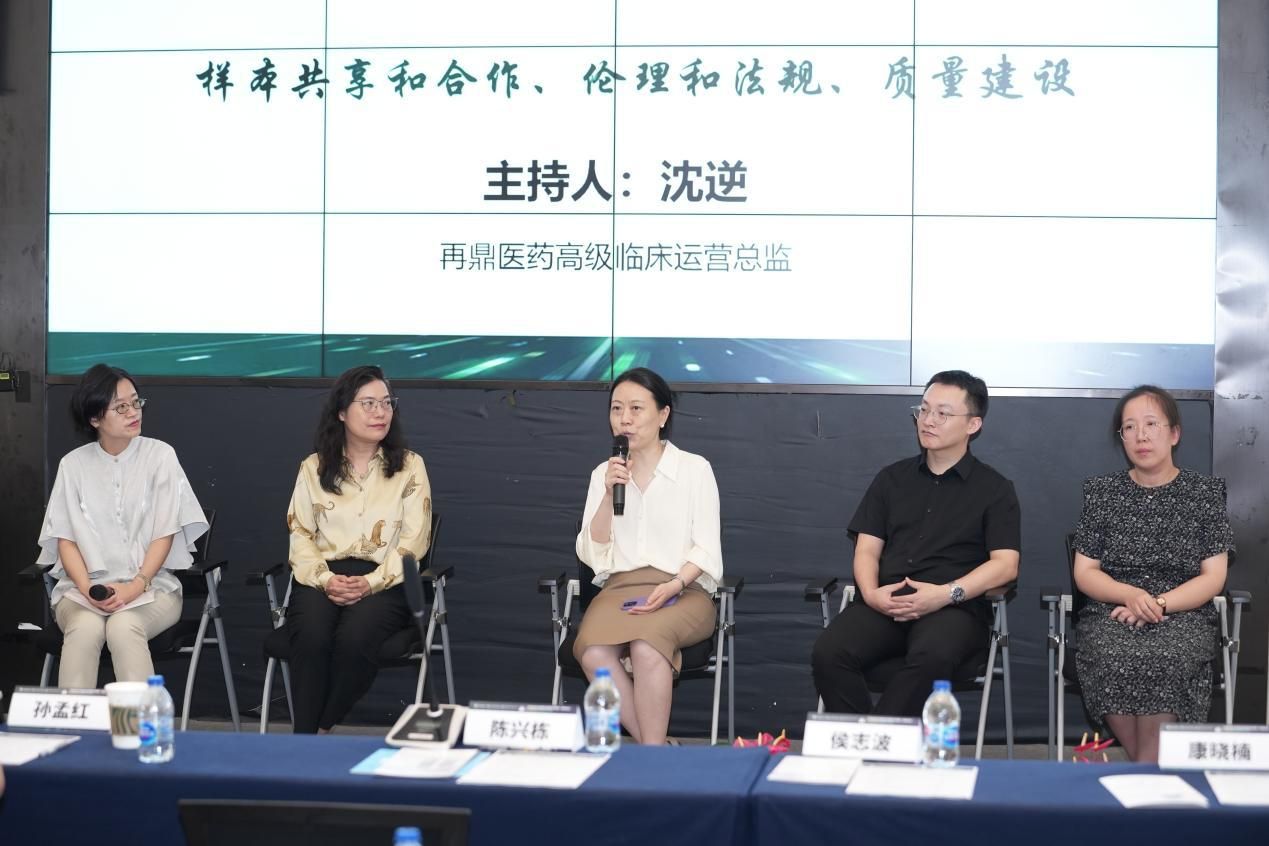BLOG
BIOBANKING ETHICS AND GOVERNANCE IN CHINA
Current Practice and Future Perspectives
September 2023
In the past 20 years, with the development of precision medicine, biobanking in China has witnessed rapid development. Biobanks are resources of human biological material and genetic information that are used for research on human health and disease.
Today, a comprehensive Chinese biobank network exists, composed of biobanks in major hospitals, research institutions and universities, third-party storage platforms run by commercial companies, and the Biobank Alliance and the National Biobank Network as the effective support for administration and regulation. The establishment of the biobank network lays a solid foundation for the development of life sciences in China.
However, considering that the demand for biobanking is expected to increase in China, there is still a lot of infrastructure that needs to be built.
Shanghai, as the most innovative and dynamic city in the country, is taking the lead in the construction of a comprehensive biobank system. In Shanghai, biobanks catering to specialized areas in research and clinical practice, such as biobanks for tumors, cells and stem cells have been established. And a large population cohort biobank has also been established. Fudan University, for example, has a 200,000 people cohort biobank. In spite of all these, there are challenges confronting the development of biobanking in China in areas ranging from policies and regulations, quality management, ethical governance and the sharing of samples and data to commercial companies.
In this context, a symposium on ethical issues of biobanking was held in Shanghai, China on the 21st July, 2023. The conference, co-organized by Shanghai Clinical Research Ethics Committee, Fudan University, the irecs Project and DIA (Drug Information Association), offered a good opportunity for biobanking stakeholders (scientists, doctors, biobankers and researchers from the pharmaceutical industry) to exchange ideas and come up with new insights for the development of biobanking system in China.
The major topics of the conference included:
- Policies and regulations
- Quality management
- Ethical governance
- Sample and data sharing mechanisms
- Commercialization
As a member of the irecs Fudan team, Dr. Yalin Wang chaired both the speech and discussion sessions. Prof. Wei Zhu, Vice Chair of Shanghai Clinical Research Ethics Committee and leader of the irecs Fudan team, delivered a speech entitled “Ethical issues in the collection, storage and use of biological materials and related data”.

During the round table discussion, experts aired their views freely over the difficulties and ethical challenges confronted in sharing biological samples. They recommended that norms and standards should be established to promote the sharing of human samples and international cooperation. Some experts felt there needs to be a system which protects the security of human data and samples before the talk of sharing can be put on the table.
Those calling for protections also mentioned the importance of developing trust in the scientific community as well as the general public. It is only with these that the sharing of samples and data can be made possible.
As a partner of irecs, Fudan university is cooperating with the University of Bonn and other research institutes to respond to the needs raised by new and emerging technologies, such as biobanking, and will prepare training materials and courses for ethics committee members, researchers and students in order to improve their research ethics expertise and capabilities.
Authors:
Prof. Wei Zhu, Vice chair of the Shanghai Ethics Committee for Clinical Research
Dr Yalin Wang, Director of the Human Genetic Resources management office of Fudan University
